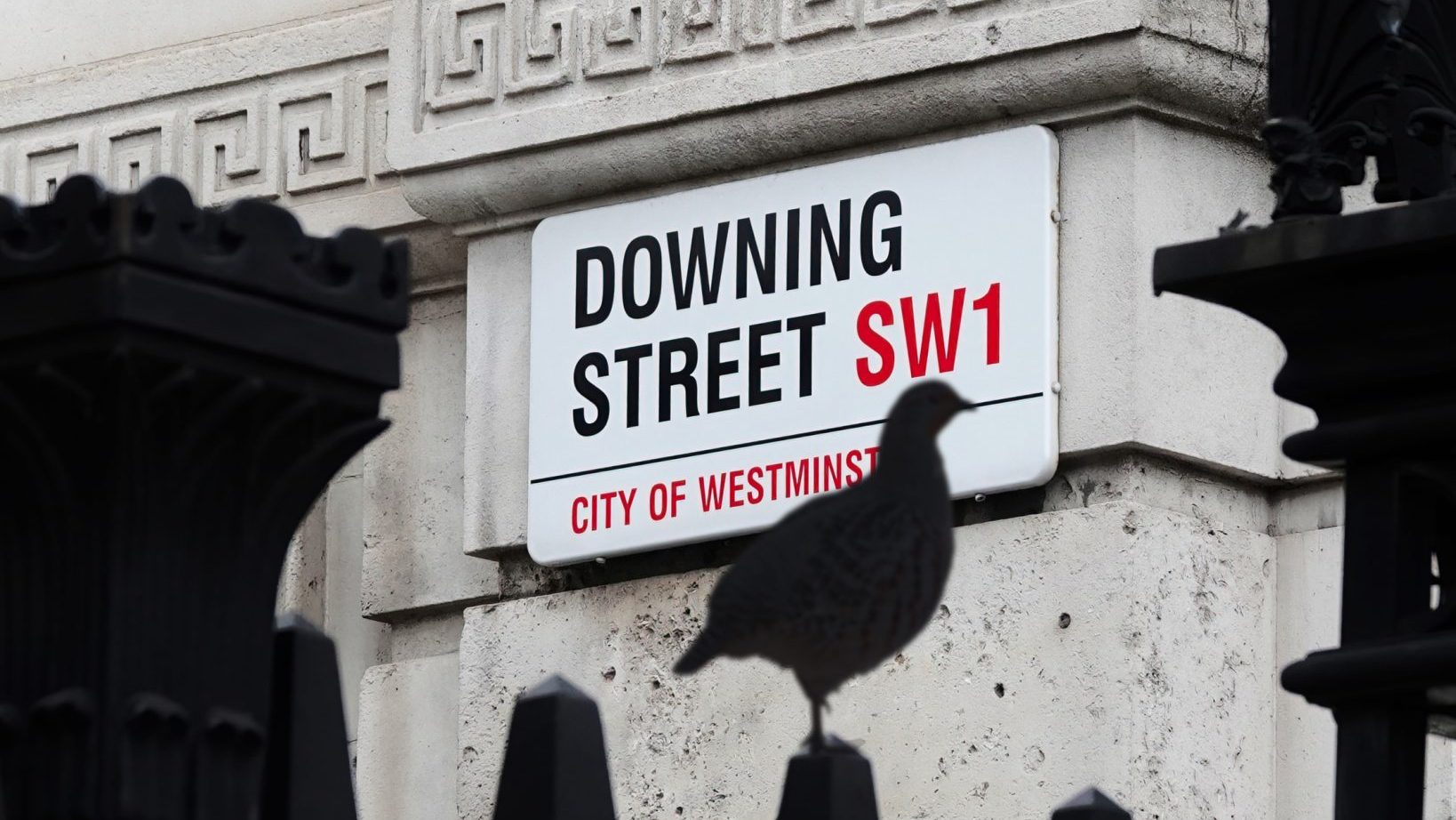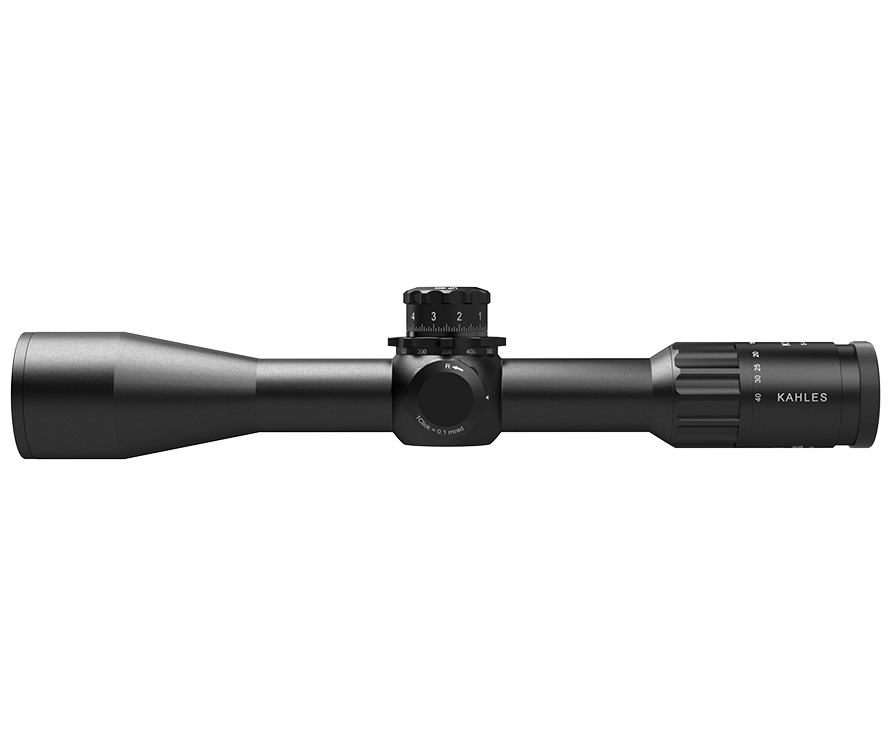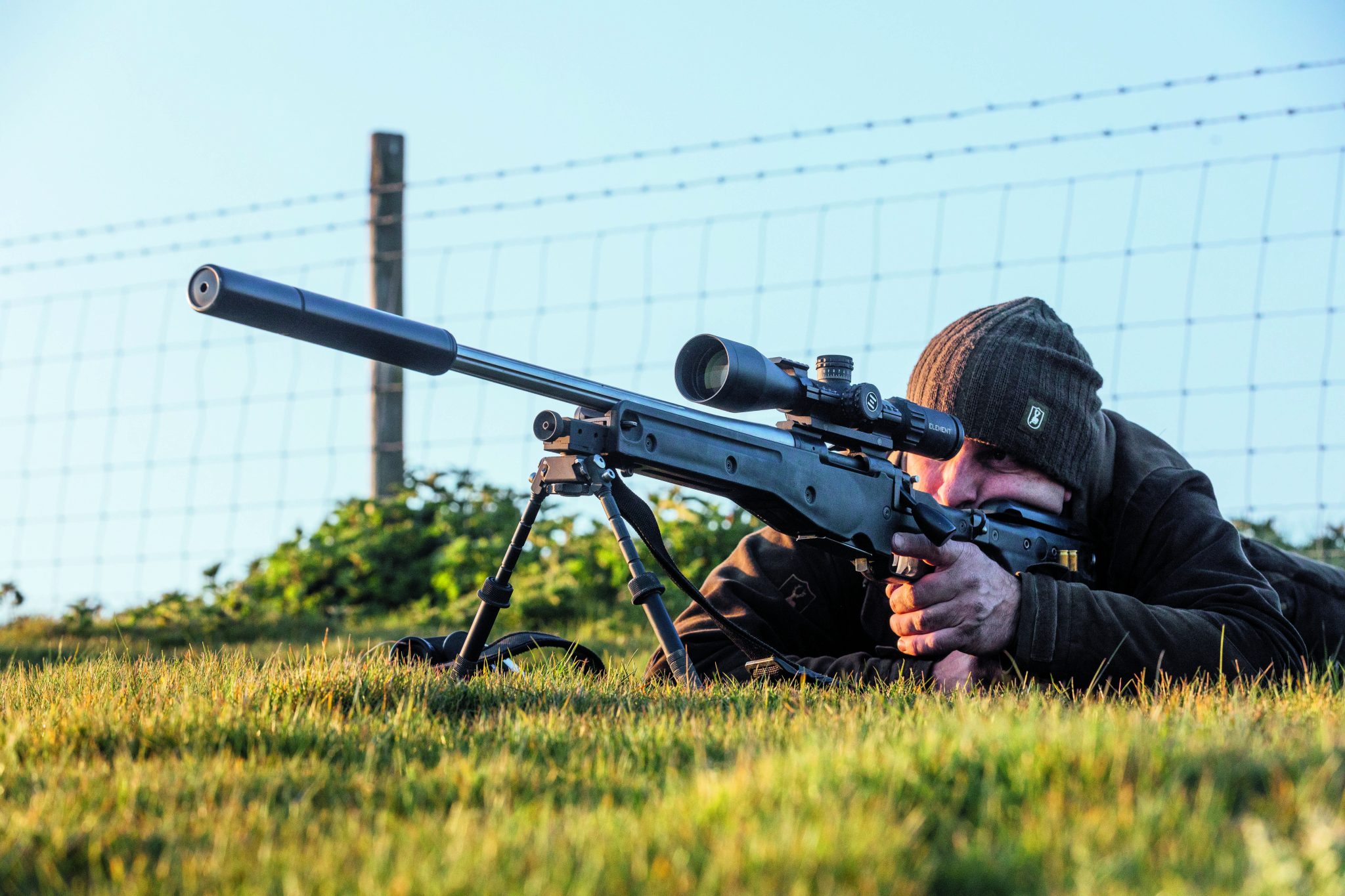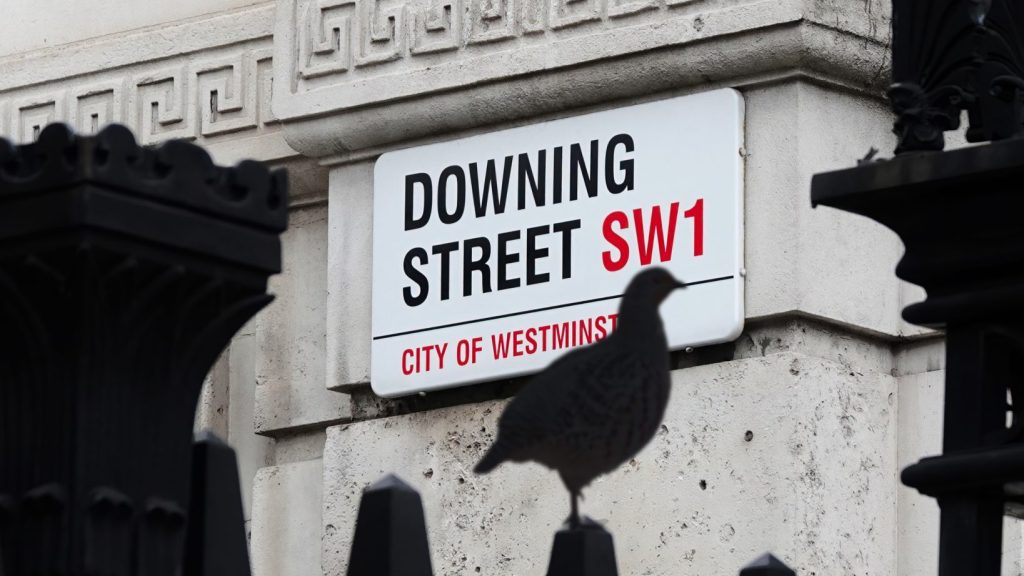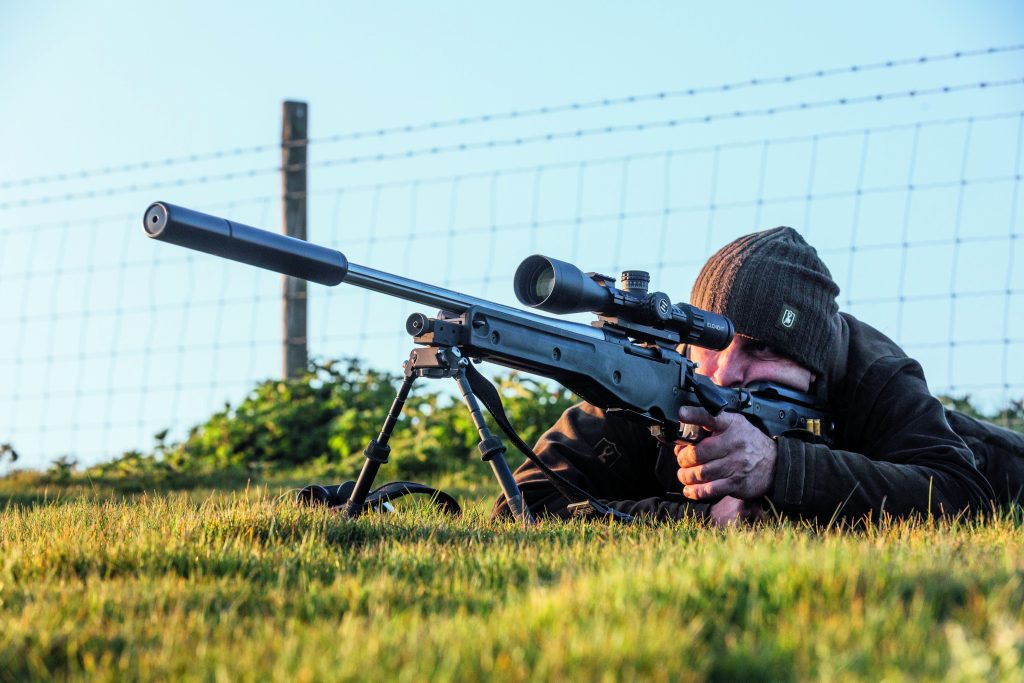News
Challenging shooting stereotypes
SHOOTING TIMES investigates TV's portrayal of shooters and says we shouldn't take it on the chin.
Would you like to speak to our readers? We offer sponsored articles and advertising to put you in front of our audience. Find out more.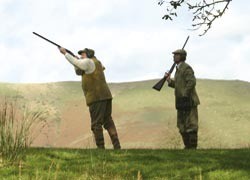
Do you feel aggrieved when shooters are portrayed as toffs on television?
I do.
The way shooting is perceived by the general public is principally controlled by the media. From what I can see, most production companies fail sufficiently to consult the shooting industry to ensure accuracy in their portrayal of the sport. A fitting example of this is the current Privilege car insurance advertisement, which shows a group of seemingly wealthy men arriving at a shoot by helicopter and blasting “helpless” birds out of the sky with double-guns and loaders. In the context of selling cheaper car insurance to the masses, it purports that gameshooting is for “the upper classes” and that, if you are really posh, “unlike the poor old birds, you get to fl y out again” (in your chopper).
“Anti-shooting organisations must have punched the air in delight when they saw that advertisement.”
Last month ST published a news article, Outrage at advertising, which prompted readers to complain to the Advertising Standards Authority (ASA) and directly to Privilege, who apologised. Surprisingly, the article received a mixed response from readers and shooting organisations. BASC casually dismissed the advertisement as harmless fun that did not intend to offend. (Though I was surprised to read in the latest edition of BASC’s ‘Shooting and Conservation’ that one of the association’s own centenary patrons, Ian Botham, felt aggrieved that the advertisement portrayed shooters as “bloodthirsty, brainless toffs”.) Others, such as the Countryside Alliance, agreed Privilege needed to scrap the campaign. Chief executive Simon Hart commented that it “reinforced the hackneyed stereotype”. Remarkably, the ASA rejected ST readers? letters of complaint as it did not consider that the advertisement would “mislead viewers about the sport of shooting or cause very serious offence to the upper classes or those who carry out shooting in general”. How exactly does it not mislead viewers? Are viewers not fed images that adhere to the social typecast that antis use as a line of reasoning against fieldsports? Anti-shooting organisations must have punched the air in delight when they saw that advertisement. It played perfectly into their hands.
“Every shooter has a responsibility actively to correct any inaccurate depiction of the sport.”
It beggars belief how any shooter could not find the thrust of such an advertisement offensive. Certainly, it has a light-hearted tone, but it sends out completely the wrong message. Every year, shooting organisations spend thousands of pounds on PR, promoting the positive aspects of the sport, such as its conservation benefits and the advantages of game meat. In 2007, the inaugural National Shooting Week took place. It was a huge success and managed to reach a reported 15million people through the media. So how could some turn a blind eye to negative propaganda and caricature depictions when so much has been invested in selling shooting to the public? Allowing stereotypical images such as this to be aired unchallenged on prime-time television can destroy years of positive press in one 30-second slot. This is not the first time that television media has been criticised for its depiction of fieldsports. In 2006, the producers of the Yorkshire-based soap Emmerdale were forced to apologise after shooting was repeatedly misrepresented. One particular episode showed Guns in a line, standing no more than 10 yards apart, placing bets on who would shoot the most birds, having drinks brought to them by waitresses during the drive and displaying some very dubious gun handling.
“Apathy will cause more damage to the sport than any amount of badly researched television.”
Together with hunting, shooting suffers from extreme bias and prejudice – principally because people do not understand that participants are from all sectors of society. Quashing this archaic notion of the cold-hearted, bloodthirsty, tweedy killer is of paramount importance to the future of the sport. Every shooter has a responsibility actively to correct any inaccurate depiction of the sport. One of the most effective ways of shattering stereotypes is to keep rebutting them. Writing letters to your local newspaper, making complaints to regulatory bodies such as Ofcom and the ASA, and speaking up at every opportunity is our greatest weapon. If shooting is not to fall prey to tightened legislation and red tape in the same way that hunting has, then a pro-active stance must be adopted. Apathy will cause more damage to the sport than any amount of badly researched television.
What is YOUR opinion?
Join other ST readers in our forums to discuss your views.
Like this article? Mark this page on a social bookmarking website…
Related articles
News
Anti-grouse shooting petition crushed by MPs who don't even shoot
Wild Justice's petition to ban driven grouse shooting was quashed in Westminster Hall yesterday, with all but one MP opposing the ban
By Time Well Spent
News
A sound decision as moderators to be taken off licences
The Government has finally confirmed what the shooting community has long argued – that sound moderators should be removed from firearms licensing controls
By Time Well Spent
Manage Consent
To provide the best experiences, we use technologies like cookies to store and/or access device information. Consenting to these technologies will allow us to process data such as browsing behavior or unique IDs on this site. Not consenting or withdrawing consent, may adversely affect certain features and functions.
Functional Always active
The technical storage or access is strictly necessary for the legitimate purpose of enabling the use of a specific service explicitly requested by the subscriber or user, or for the sole purpose of carrying out the transmission of a communication over an electronic communications network.
Preferences
The technical storage or access is necessary for the legitimate purpose of storing preferences that are not requested by the subscriber or user.
Statistics
The technical storage or access that is used exclusively for statistical purposes.
The technical storage or access that is used exclusively for anonymous statistical purposes. Without a subpoena, voluntary compliance on the part of your Internet Service Provider, or additional records from a third party, information stored or retrieved for this purpose alone cannot usually be used to identify you.
Marketing
The technical storage or access is required to create user profiles to send advertising, or to track the user on a website or across several websites for similar marketing purposes.

